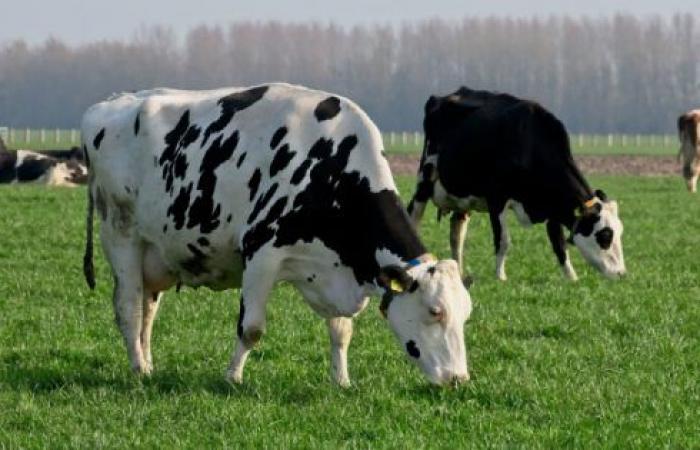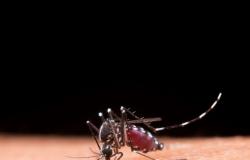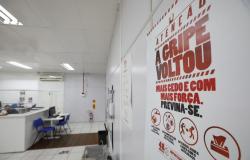
Scientists believe they have found a solution for the supply of insulin worldwide: according to a study published in the scientific journal ‘Biotechnology Journal’ by ‘Nature’, experts managed to make a genetically modified cow produce the proteins necessary for human insulin in their milk – according to the researchers, the experience raises great hope that a herd of these cattle could solve the world’s insulin-related problems.
If the herd is viable – which, based on this first case, is still a long way off – researchers believe they can surpass the current formula for insulin production methods, which rely on genetically modified yeast and bacteria.
Remember that insulin – as well as its role in diabetes – was discovered in 1921 and, for many years, diabetics were subjected to treatments with insulin from the pancreas of cattle and pigs. It took until 1978 to obtain the first ‘human’ insulin, produced with proteins from genetically modified E. coli bacteria, which together with similar processes using yeast instead of bacteria, became the main source of medical insulin until the nowadays.
The study showed the first time that ‘human’ insulin production was achieved in a genetically modified bovine – the team of experts, led by animal scientist Matt Wheeler, from the University of Illinois Urbana-Champaign (United States), inserted a specific segment of Human DNA encoding proinsulin (a protein that is converted into insulin) in the cell nuclei of 10 cow embryos, which were then inserted into the uterus of normal cows.
Only one of these genetically modified embryos developed into a pregnancy, leading to the natural birth of a live, transgenic calf. When it reached maturity, the team made several attempts to impregnate the genetically modified cow, through artificial insemination, in vitro fertilization and even the old-fashioned way. None were successful. However, they were able to make the cow breastfeed through a hormonal induction method, attributed to the Brazilian specialist in animal reproduction, Pietro Baruselli, from the University of São Paulo.
The cow did not breastfeed as much as during pregnancy, but the little milk she produced was examined for specific proteins, using western blotting and mass spectrometry, which revealed molecular masses similar to human proinsulin and insulin, which were not present in the milk of non-transgenic cows. Mass spectrometry indicated the presence of C-Peptide that is removed from human proinsulin in the process of creating insulin.
“Our goal was to produce proinsulin, purify it into insulin and go from there. But the cow basically did the process herself. It produced about three to one biologically active insulin to proinsulin,” Wheeler indicated.
In 2014, a similar type of genetic modification was achieved in mice, whose milk contained up to 8.1 grams per liter of human proinsulin.
A typical unit of insulin is 0.0347 milligrams, so if, as Wheeler proposes, each cow could produce one gram of insulin per liter of milk, that would be 28,818 units of insulin. “Specialized, high-level livestock facilities would be needed, but this is nothing out of the ordinary for our well-established dairy industry,” he said, noting that he sees a future “where a herd of 100 head could produce the entire insulin needed for the country. And a bigger herd? It could produce the entire world’s supply in a year.”
Tags: Cows genetically modified insulin factories Scientists supply entire world
--




